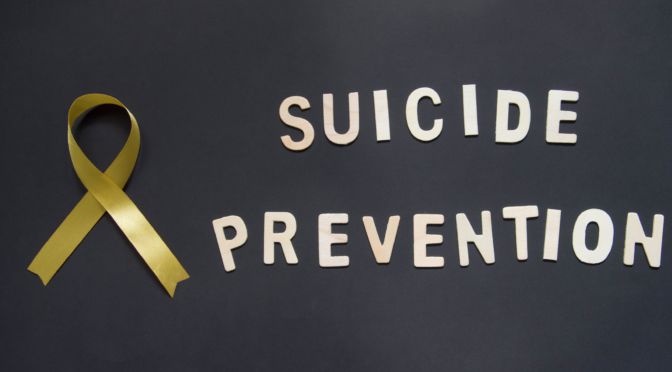3 Xanax Addiction Signs to Lookout For

Nearly 52 million Americans 18 and older are living with a mental illness and/or substance use disorder. In the midst of the COVID-19 pandemic, reports of people suffering from panic disorders and anxiety are increasing. A common medication for treating panic disorders and anxiety is a prescription drug called Xanax. While Xanax can help relieve anxiety and panic symptoms, it is highly addictive. It is important that individuals taking Xanax become aware of the signs of an addiction to Xanax, which can include withdrawing from relationships and preoccupation with your Xanax use. As individuals become preoccupied with maintaining a steady supply of Xanax, financial troubles and concerning behaviors may increase. In a recent WebMD Connect to Care article on signs of Xanax addiction, Dr. Anton C. Bizzell, CEO of The Bizzell Group and a substance abuse expert, highlighted some additional telltale signs: “Maintaining a supply of the drug on hand, mixing with alcohol or other drugs, and developing dangerous behaviors to obtain the prescription, including stealing or getting it from the streets.”
Recognizing the signs of an addiction is an important step towards getting help to treat an addiction—for yourself or others you love.
READ MORE: 3 Xanax Addiction Signs to Lookout For






